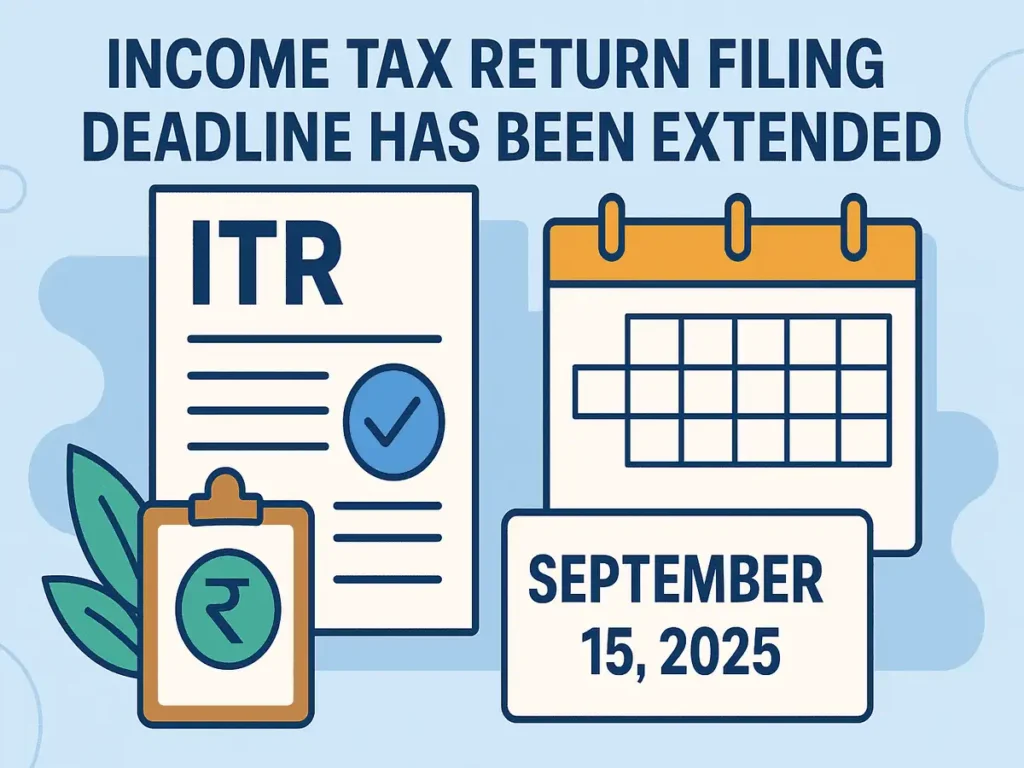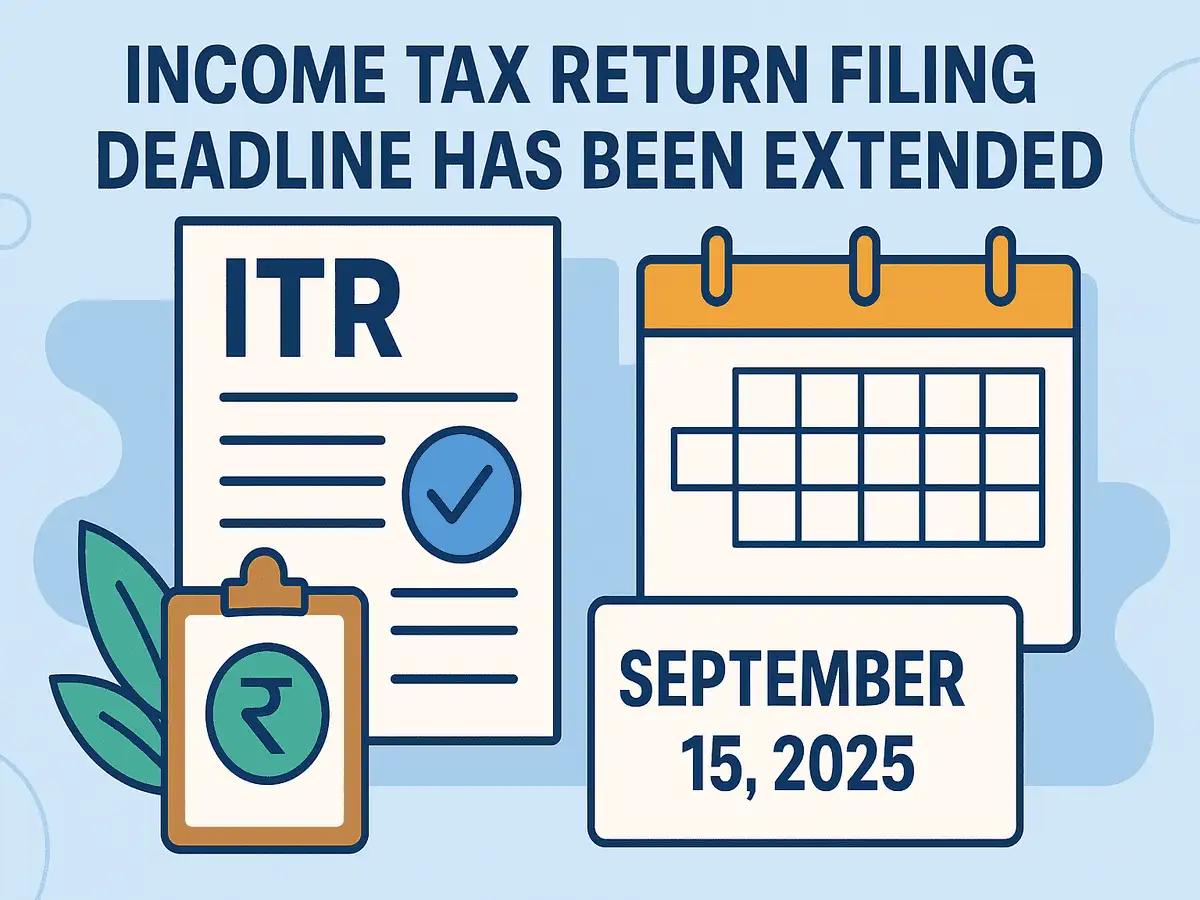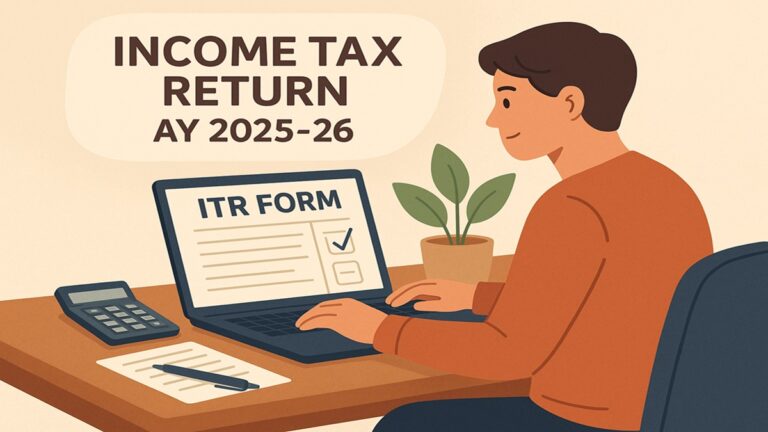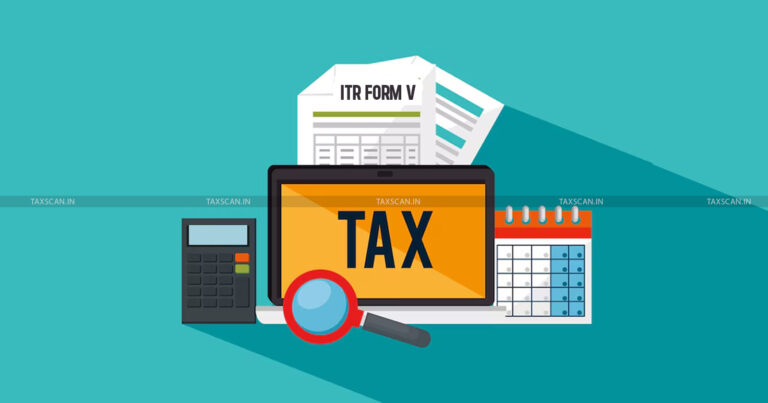ITR Filing Last Date for FY 2024–25: A Complete Guide for Indian Taxpayers

As the new financial year 2024–25 progresses, one crucial deadline every taxpayer in India must mark on their calendar is the last date to file their Income Tax Return (ITR). Filing your ITR on time not only helps you avoid penalties but also ensures timely processing of refunds and keeps your financial records clean.
In this article, we’ll walk you through everything you need to know about the ITR filing deadline for FY 2024–25 (AY 2025–26), the consequences of missing it, and tips to file your return smoothly.
ITR Filing Last Date for FY 2024–25: A Complete Guide for Indian Taxpayers
🗓️ ITR Filing Last Date for FY 2024–25 (AY 2025–26)
✅ For Individuals and Salaried Employees (Non-Audit Cases):
- Deadline: 31st July 2025
This is the most common due date for taxpayers who are not required to get their accounts audited—such as salaried employees, pensioners, freelancers, and small business owners.
✅ For Businesses Requiring Audit:
- Deadline: 31st October 2025
If your accounts need to be audited under the Income Tax Act (typically for businesses with turnover above a specified limit), your due date is extended.
✅ For Businesses Requiring TP (Transfer Pricing) Audit:
- Deadline: 30th November 2025
This is applicable if you have international transactions or specified domestic transactions that require a Transfer Pricing audit.
ITR Filing Last Date for FY 2024–25: A Complete Guide for Indian Taxpayers
📌 What is Financial Year vs. Assessment Year?
- Financial Year (FY): The year in which you earn income. For example, FY 2024–25 is from 1st April 2024 to 31st March 2025.
- Assessment Year (AY): The year in which the income is assessed and taxed. For FY 2024–25, the assessment year is 2025–26.
So, while you earn during FY 2024–25, you file and assess your ITR during AY 2025–26.
🧾 Why Filing ITR Before Deadline Is Important
Here’s why you must file your return on or before 31st July 2025:
✅ 1. Avoid Late Filing Penalties
- ₹5,000 penalty under Section 234F if you file after 31st July but before 31st December.
- ₹10,000 penalty if your income is above ₹5 lakh and return is filed after 31st December.
✅ 2. Get Faster Refunds
- Filing early ensures quicker verification and refund processing.
✅ 3. Claim Losses
- You can only carry forward losses (e.g., capital loss, business loss) if the ITR is filed within the due date.
✅ 4. Valid Proof of Income
- Essential for visa applications, bank loans, and credit cards.
✅ 5. Avoid Interest
- Delay in filing may attract interest under Section 234A on unpaid taxes.
ITR Filing Last Date for FY 2024–25: A Complete Guide for Indian Taxpayers
📂 Who Needs to File ITR in FY 2024–25?
You must file ITR if:
- Your gross total income exceeds:
- ₹2.5 lakh (for individuals below 60 years)
- ₹3 lakh (for senior citizens)
- ₹5 lakh (for super senior citizens)
- You have foreign assets or foreign income
- You deposited ₹1 crore+ in bank account
- You incurred ₹2 lakh+ on foreign travel
- You paid ₹1 lakh+ as electricity bill
- You’re claiming a refund
🧠 Types of ITR Forms for AY 2025–26
| ITR Form | Who Should File? |
|---|---|
| ITR-1 (Sahaj) | Salaried individuals with income up to ₹50 lakh |
| ITR-2 | Individuals with capital gains, multiple properties |
| ITR-3 | Business/profession income |
| ITR-4 (Sugam) | Presumptive income scheme (small businesses, professionals) |
Make sure you file the correct form based on your source(s) of income.
📲 How to File ITR for FY 2024–25 (Step-by-Step)
- Gather Documents
- Form 16
- Interest certificates
- TDS certificates (Form 16A/26AS)
- Capital gains statements
- Bank statements
- Aadhaar and PAN
- Login to Income Tax Portal
- Go to: https://incometax.gov.in
- Register/Login using PAN and OTP
- Choose ‘e-File’ → ‘Income Tax Return’
- Select AY 2025–26 and applicable ITR form
- Pre-fill and Verify Data
- Most data will auto-fill from your PAN, Form 16, AIS
- Calculate Tax Liability
- Pay any outstanding tax through Challan 280
- Submit Return and e-Verify
- E-verification can be done using Aadhaar OTP, net banking, or EVC
ITR Filing Last Date for FY 2024–25: A Complete Guide for Indian Taxpayers
⏰ What If You Miss the Deadline?
If you miss the 31st July deadline:
1. File a Belated Return
- Last date: 31st December 2025
- Penalty up to ₹5,000 (₹1,000 if income < ₹5 lakh)
- Cannot carry forward certain losses
2. Interest Under Section 234A
- 1% per month interest on unpaid tax from due date till actual filing
3. No Revisions on Belated Returns after Due Date
- Missed claiming deductions? No correction allowed if you miss 31st December.
🛡️ Tips to File ITR Before Deadline
- ✅ Don’t wait for last-minute rush
- ✅ Reconcile Form 26AS and AIS with Form 16
- ✅ Choose between old vs. new tax regime
- ✅ File via mobile apps like ClearTax, TaxBuddy, or via CA
- ✅ Use auto-pre-filled options for faster filing
- ✅ Always e-verify return within 30 days
🔄 Old vs. New Tax Regime (2024–25)
| Criteria | Old Regime | New Regime |
|---|---|---|
| Deductions | Allowed (80C, 80D, HRA) | Not allowed |
| Tax Rates | Higher | Lower |
| Good For | Those claiming deductions | Simpler tax structure seekers |
Before filing, use a tax calculator to choose the better regime.
📑 Frequently Asked Questions (FAQs)
❓1. What is the ITR filing due date for salaried employees in FY 2024–25?
31st July 2025, unless extended by CBDT.
❓2. Can I file ITR after the deadline?
Yes, as a belated return by 31st December 2025, with penalties.
❓3. Is ITR filing mandatory for income under ₹2.5 lakh?
Not mandatory, but recommended for refunds or financial proof.
❓4. What happens if I don’t file my ITR at all?
You may face penalty, interest, and notice from IT department. Repeated failure can result in prosecution.
❓5. Do NRIs also have to follow the same deadline?
Yes, unless covered under audit or special cases.
🏁 Final Words
Mark 31st July 2025 on your calendar as the last date to file your ITR for FY 2024–25. Filing your ITR early reduces stress, speeds up refund processing, and keeps your financial journey smooth. Whether you’re salaried, self-employed, or a business owner, stay proactive with your tax filing.




